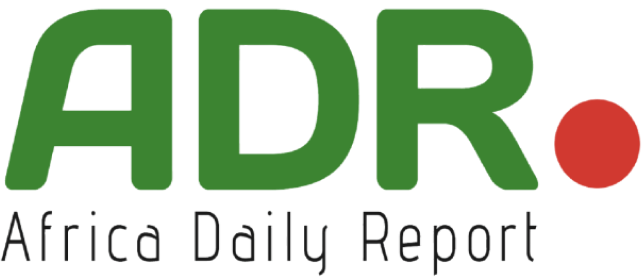A Historic Landslide for Pastef
November 17, 2024, will remain a landmark date in Senegal’s political history. Securing 130 out of 165 seats in the National Assembly, the Patriotic Africans of Senegal for Work, Ethics, and Fraternity (Pastef), led by Ousmane Sonko and Bassirou Diomaye Faye, achieved a sweeping victory. This result, confirmed by the National Vote Counting Commission on November 21, signifies a major political shift in a country previously accustomed to more fragmented power distribution among political forces.
The Collapse of Opposition Forces
While Pastef advances toward near-hegemonic dominance, opposition forces have struggled to retain relevance. The Takku Wallu Senegal coalition, led by former president Macky Sall, secured only 16 seats. Other groups, such as Jamm Ak Njariñ (7 seats) and Samm Sa Kàddu (3 seats), posted disappointing results. Parties once considered powerful have been relegated to the margins, confirming a political collapse that had been looming for years.
Shifting Political Alliances
The 2024 elections highlighted a fragmentation of the once-dominant coalitions. Benno Bokk Yakaar, which held sway for over a decade, has disbanded, giving way to new and often fragile alliances. Despite a symbolic political return, Macky Sall failed to rally sufficient support, leaving new figures like Sonko to shape the country’s political future.
Challenges Ahead for Pastef’s Majority
With such an overwhelming majority, Pastef is now in a position to fully implement its ambitious program, known as “The Project.” However, this victory comes with heightened responsibilities. Public expectations for economic reforms, social justice, and anti-corruption measures are immense. Additionally, managing the risks posed by a weakened opposition could create challenges for maintaining a balanced democratic dialogue.
An Election Marked by Tensions
These snap legislative elections were exceptional due to the circumstances leading up to them. The dissolution of the National Assembly in September, ordered by President Bassirou Diomaye Faye after consulting the Constitutional Council, aimed to end a strained cohabitation with the former majority. The absence of required endorsements for candidates, a result of a legal loophole, allowed for a proliferation of electoral lists, although only a few achieved significant representation.
Regional Implications to Watch
Pastef’s victory could have repercussions beyond Senegal’s borders. It reflects a growing trend in the region, where populist and reformist movements are gaining momentum. However, this shift could also intensify political tensions in a country known for its stability, but now facing heightened rivalries and popular expectations.
Expert Analysis
According to Babacar Ndiaye, research director at the think tank Wathi, “This victory is not just electoral; it symbolizes a generational shift. Traditional political figures like Macky Sall seem to have lost their ability to appeal to a young and demanding population.” This observation underscores Pastef’s challenge: maintaining popularity while fulfilling the promises that brought it to power.
Conclusion: Building the Future
Pastef now holds the cards to implement its reforms, but the transition from challenger to dominant leader will be closely scrutinized. Between electoral promises and the realities of governance, Sonko’s team must demonstrate agility and transparency to meet the high expectations it has raised.
O Bulamba / ADR




